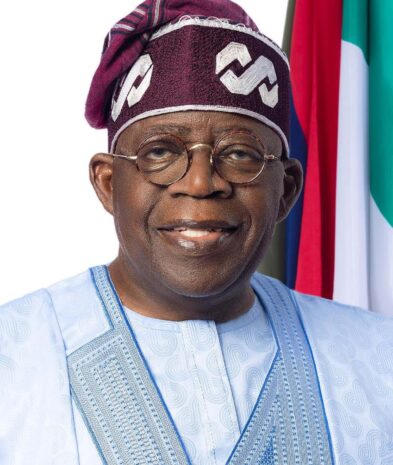
In exercise of his prerogative of mercy, President Bola Ahmed Tinubu on Thursday granted presidential pardon to 175 persons across various categories, including Nigeria’s foremost nationalist, Herbert Macaulay, and former Minister of the Federal Capital Territory, late retired Maj. Gen. Mamman Vatsa who was executed for treason in 1986 by regime of former military President Ibrahim Babangida.
Also pardoned are four former convicts, including former House of Representatives member Farouk Lawan, Ayinla Saadu Alanamu, Hussaini Umar, a lawyer, and Mrs. Anastasia Daniel Nwaobia.
According to the government, they were pardoned after demonstrating genuine remorse and readiness to reintegrate into society.
Two other persons who made the list include Nweke Francis Chibueze, serving a life sentence for drug offences, and Dr Nwogu Peters, who had served 12 of a 17-year sentence for fraud.
The presidential pardon was granted by the Council of State on Thursday following a presentation by the Attorney-General of the Federation and Minister of Justice, Lateef Fagbemi, senior advocate of Nigeria (SAN), during its meeting at the State House, Abuja.
Fagbemi, who presented the recommendations on behalf of President Tinubu, said the list was drawn from the report of the Advisory Committee on the Prerogative of Mercy, which reviewed requests for clemency and pardon in line with constitutional provisions.
While the full list of beneficiaries has not yet been published, informed sources at the meeting hinted that members of the Ogoni Nine and Ogoni Four, whose cases have remained controversial for several years, are on the list.
Herbert Macaulay, often described as the “father of Nigerian nationalism,” was twice convicted by the British colonial authorities in Lagos.
A co-founder of the National Council of Nigeria and the Cameroons (NCNC), Macaulay was prosecuted by British colonial authorities in 1913 while working as a private surveyor and imprisoned over allegations of fund mismanagement from an estate under his care and banned from public office. Historians have however insisted that the charge was politically motivated.
Though he died in 1946, the conviction had remained on record.